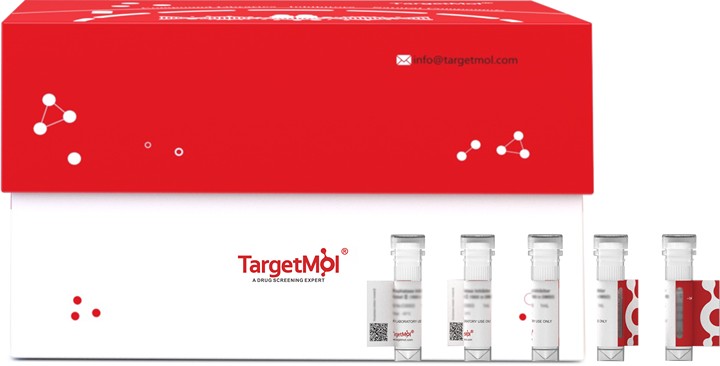Shopping Cart
- Remove All
 Your shopping cart is currently empty
Your shopping cart is currently empty

Beta-Catenin Protein, Human, Recombinant (His) is expressed in E. coli. The accession number is P35222-1.

| Pack Size | Price | Availability | Quantity |
|---|---|---|---|
| 100 μg | $588 | Backorder | |
| 1 mg | $3,880 | Backorder |
| Biological Activity | Activity testing is in progress. It is theoretically active, but we cannot guarantee it. If you require protein activity, we recommend choosing the eukaryotic expression version first. |
| Description | Beta-Catenin Protein, Human, Recombinant (His) is expressed in E. coli. The accession number is P35222-1. |
| Species | Human |
| Expression System | E. coli |
| Tag | N-His |
| Accession Number | P35222-1 |
| Synonyms | PRO2286,OK/SW-cl.35,NEDSDV,MRD19,EVR7,CTNNB,beta-catenin,armadillo |
| Construction | A DNA sequence encoding the Human CTNNB1 (P35222-1) (Asn138-Leu781) was expressed, with a polyhistidine tag at the N-terminus. |
| Protein Purity | ≥ 90% as determined by SDS-PAGE. ≥ 90% as determined by SEC-HPLC. |
| Molecular Weight | 72.19 kDa (predicted) |
| Endotoxin | < 1.0 EU per μg protein as determined by the LAL method. |
| Formulation | Lyophilized from sterile 50mM tris, 150mM NaCl, 2mM DTT, 10% glycerol, pH 8.0. Please contact us for any concerns or special requirements. Normally 5 % - 8 % trehalose, mannitol and 0.01% Tween 80 are added as protectants before lyophilization. Please refer to the specific buffer information in the hardcopy of datasheet or the lot-specific COA. |
| Reconstitution | Please refer to the lot-specific COA. |
| Stability & Storage | It is recommended to store recombinant proteins at -20°C to -80°C for future use. Lyophilized powders can be stably stored for over 12 months, while liquid products can be stored for 6-12 months at -80°C. For reconstituted protein solutions, the solution can be stored at -20°C to -80°C for at least 3 months. Please avoid multiple freeze-thaw cycles and store products in aliquots. |
| Shipping | In general, Lyophilized powders are shipping with blue ice. |
| Research Background | beta-Catenin, also known as CTNNB1, is a member of the armadillo family of proteins. These proteins have multiple copies of the so-called armadillo repeat domain, which is specialized for protein-protein binding. It is part of a complex of proteins that constitute adherens junctions (AJs). AJs are necessary for the creation and maintenance of epithelial cell layers by regulating cell growth and adhesion between cells. CTNNB1 also anchors the actin cytoskeleton and may be responsible for transmitting the contact inhibition signal that causes cells to stop dividing once the epithelial sheet is complete. Finally, beta-Catenin binds to the product of the APC gene, which is mutated in adenomatous polyposis of the colon. Defects in beta-Catenin can cause colorectal cancer, pilomatrixoma (PTR), medulloblastoma, and ovarian cancer. CTNNB1 is a key dowstream component of the canonical Wnt signaling pathway. In the absence of Wnt, it forms a complex with AXIN1, AXIN2, APC, CSNK1A1 and GSK3B that promotes phosphorylation on N-terminal Ser and Thr residues and ubiquitination of CTNNB1 via BTRC and its subsequent degradation by the proteasome. In the presence of Wnt ligand, beta-Catenin is not ubiquitinated and accumulates in the nucleus, where it acts as a coactivator for transcription factors of the TCF/LEF family, leading to activate Wnt responsive genes. CTNNB1 is involved in the regulation of cell adhesion. The majority of beta-catenin is localized to the cell membrane and is part of E-cadherin/catenin adhesion complexes which are proposed to couple cadherins to the actin cytoskeleton. |

Copyright © 2015-2025 TargetMol Chemicals Inc. All Rights Reserved.